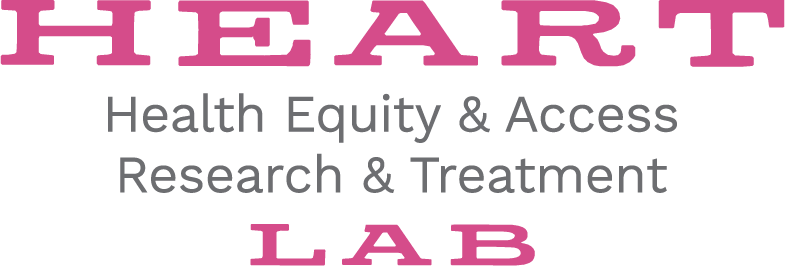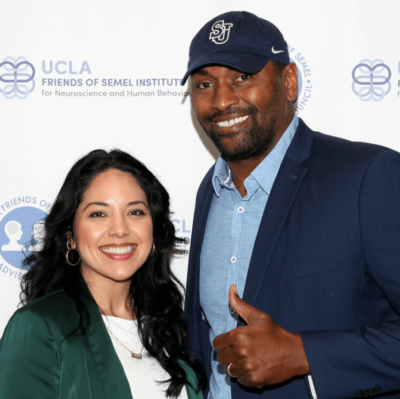Greetings from the UCLA Meyer and Luskin Conference Center!
On Sunday, February 25th, the vibrant energy of Gen Z, psychologists, activists, parents, and of many more filled the halls of UCLA as the Gen Z Wellness Summit took center stage. Hosted by the Friends of the Semel Institute, this event was a testament to the power of youth-driven initiatives in addressing mental health challenges.
One of the highlights of the summit was a panel discussion led by our own HEART Lab Director, Dr. Jocelyn Meza, PhD, who shared insights on providing better, inclusive services for LGBTQ+ and underserved ethnic/racial communities. Dr. Meza was joined by esteemed panelists including UCLA’s Eraka Bath, MD, Founder and President of UCLA’s Neurodiversity Network, Josh Chou, and Mental Health/LGBTQ+ Activist, Juan Acosta, underlining the importance of diverse perspectives in shaping mental health support systems.



Inspiration for the summit stemmed from the lived experiences of young people, particularly those belonging to the Friends of Semel Institute’s Teen Advisory Council. Led by 18-year-old Zach Gottlieb, the event aimed to create a space tailored to the unique needs of Gen Z. With support from various stakeholders, including a grant from Selena Gomez’s Rare Impact Fund, the vision became a reality.
Throughout the day, approximately 600 attendees engaged in conversations centered on addiction, eating disorders, social media, relationships, anxiety, and depression. Experts from the Jane and Terry Semel Institute facilitated these discussions, offering invaluable insights and strategies for coping with mental health challenges in the digital age.
The summit also featured captivating performances by young poets and singers, including Clinton Kane and SkyDxddy. Celebrity appearances from former L.A. Lakers star Metta Sandiford-Artest and “Riverdale” actress Lili Reinhart added to the excitement, further emphasizing the importance of destigmatizing mental health issues.
As the event concluded, it was evident that the Gen Z Wellness Summit had succeeded in its mission. It sparked crucial conversations, fostered connections, and highlighted the urgent need for accessible, effective mental health resources for future generations. Moving forward, it is imperative that we continue to listen to the voices of young people and prioritize their mental well-being.



